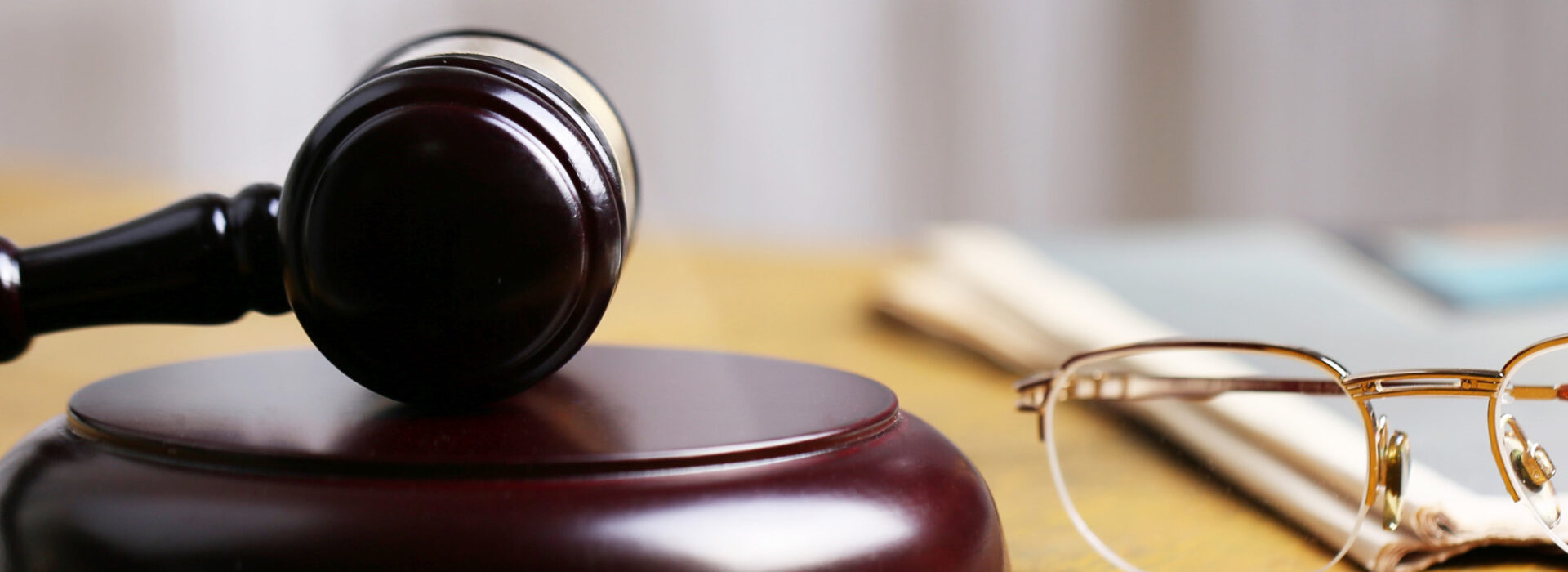Local Legal Initiative in Pennsylvania
Through the Local Legal Initiative, the Reporters Committee for Freedom of the Press (RCFP) will employ an attorney in Pennsylvania to help local media defend against legal threats and lawsuits, assist with public records and court access efforts, and provide pre-publication review and other legal services.
For journalists looking for assistance with a question or legal issue, the Reporters Committee hotline is a great resource. Journalists and media lawyers can contact the RCFP during normal business hours (Monday through Friday, 9 a.m.–5 p.m. ET) using the online form. Outside of normal business hours, you can reach the RCFP in an emergency — for example, if a journalist has been arrested or faces an imminent threat of arrest — by calling 1-800-336-4243.
To connect with the Pennsylvania LLI attorney, Paula Knudsen Burke directly, email pknudsen@rcfp.org or call 717-370-6884.


Learn more about the Local Legal Initiative and how Paula can help journalists and newsrooms in Pennsylvania
As Pennsylvania’s new Local Legal Initiative attorney, Knudsen Burke brings experience in newsrooms, advocacy and the law to provide pro bono legal services to reporters
Journalists and newsrooms in Pennsylvania will now have access to additional legal services and support for their reporting through the Local Legal Initiative, a recent expansion of the Reporters Committee for Freedom of the Press’s pro bono resources for local enterprise and investigative journalism. Pennsylvania media lawyer Paula Knudsen Burke has joined the Reporters Committee as the Local Legal Initiative attorney for the state, where she’ll help local journalists defend their newsgathering rights, gain access to public records and court proceedings, and support reporting that holds government agencies and officials accountable to their communities.
Frequently Asked Questions
About Paula Knudsen Burke

Legal Consultant
717-370-6884 · pknudsen@rcfp.org

